When Cat Vomiting Isn’t Just a Hairball: What Every Cat Owner Should Know
Few sounds grab attention faster than that unmistakable noise of a cat about to vomit. An occasional hairball may not be cause for alarm, but when vomiting becomes frequent or severe, it can point to an underlying issue that needs real attention. At Tidmore Veterinary Hospital in Northport, Alabama, helping cat owners understand what’s normal, what’s not, and when to act is key to protecting a cat’s long-term health.
Understanding Vomiting in Cats
Vomiting is a symptom, not a disease. It can result from something as simple as a hairball or as complex as chronic illness. Knowing how often your cat vomits, what the vomit looks like, and whether other symptoms are present helps determine whether it’s a minor issue or something more serious.
Occasional vomiting, particularly of hairballs or undigested food, is often not concerning. However, frequent or sudden-onset vomiting may indicate illness or a medical emergency.
Common Causes of Vomiting in Cats
Hairballs and Grooming
Hairballs are one of the most common causes of vomiting in cats, especially in long-haired breeds or meticulous groomers. When ingested hair doesn’t pass through the digestive tract, it is vomited up. While occasional hairballs aren’t cause for a trip to the ER, frequent vomiting may require dietary changes or medical attention.
Dietary Indiscretion
Cats may vomit after eating spoiled food, table scraps, or even something non-edible. Sudden changes in diet or sensitivity to certain ingredients can also trigger vomiting. Feeding high-quality, consistent diets and avoiding sudden changes helps minimize the risk.
Gastrointestinal Obstruction
Foreign bodies like string, rubber bands, or toys can get lodged in a cat’s digestive tract, leading to repeated vomiting and potentially life-threatening complications. Obstruction requires immediate medical intervention, often involving surgery. Gastrointestinal blockages are among the more dangerous causes of feline vomiting.
Chronic Kidney Disease
Common in older cats, chronic kidney disease can cause nausea, vomiting, weight loss, and changes in thirst and urination. Chronic kidney disease in cats requires lifelong management, often involving diet, fluids, and medication.
Hyperthyroidism
In cats over age 10, vomiting may be linked to hyperthyroidism, a hormonal disorder causing increased metabolism, weight loss, and appetite changes. AAHA’s hyperthyroidism guidelines recommend routine screening in senior cats to catch this condition early.
Pancreatitis
Pancreatitis causes inflammation of the pancreas, resulting in vomiting, abdominal pain, lethargy, and loss of appetite. It can be acute or chronic, and prompt veterinary care is essential.
Liver Disease or Hepatic Lipidosis
Vomiting may also be a sign of liver dysfunction. Feline hepatic lipidosis, also known as fatty liver disease, is a serious condition often seen in cats who stop eating.
Toxins and Poisoning
Ingesting toxic plants, medications, or household substances can cause vomiting. Toxic and non-toxic plants should be removed from your home, and suspicious vomiting should prompt a call to your veterinarian or ASPCA Poison Control.
When Is Vomiting an Emergency?
You should seek veterinary care immediately if your cat:
- Vomits more than twice in 24 hours
- Is lethargic or hiding
- Refuses to eat or drink for more than 24 hours
- Has blood in their vomit or stool
- Shows signs of abdominal pain or distension
- Is dehydrated or losing weight
If your cat is vomiting and displaying other signs of illness, such as lethargy, changes in appetite, or changes in behavior, it’s best to act quickly.
Diagnostic Process at Tidmore Veterinary Hospital
At Tidmore, we take a thorough, individualized approach to diagnostics. Every cat is different, and so are the causes behind their symptoms. When you bring your cat in for vomiting, here’s what to expect:
Comprehensive Exam and History
Our team begins with a full physical exam and history. We’ll ask when the vomiting started, the frequency, appearance of the vomit, and whether any dietary or environmental changes have occurred.
In-House Diagnostics
Our state-of-the-art in-house lab allows us to run bloodwork, urinalysis, and fecal exams for fast, accurate results. If needed, we may recommend imaging like digital x-rays or ultrasound to look for foreign objects, tumors, or organ abnormalities.
Advanced Monitoring and Treatment
For cats requiring hospitalization, we provide continuous vital sign monitoring, pain control, fluid therapy, and nutritional support. Our AAHA-accredited facility and experienced team prioritize safety, comfort, and optimal outcomes.
Treatment Options
Treatment depends on the underlying cause. Your cat may be treated with:
- Anti-nausea and anti-diarrheal medications
- Intravenous or subcutaneous fluids to combat dehydration
- Prescription diets for sensitive stomachs
- Surgery in cases of foreign body obstruction
- Ongoing medication for chronic diseases like hyperthyroidism or kidney disease
- Traditional Chinese Veterinary Medicine (TCVM) such as acupuncture or herbal therapies for supportive care
As part of our commitment to individualized medicine, we tailor treatment plans to your pet’s specific needs and your family’s goals.
Prevention Tips for Pet Owners
While not all vomiting can be prevented, the following tips may reduce your cat’s risk:
- Feed a consistent, high-quality diet and avoid sudden changes
- Keep small toys, string, and household hazards out of reach
- Regularly brush long-haired cats to minimize hairball formation
- Schedule routine wellness exams and bloodwork
- Monitor your cat’s behavior, appetite, and litter box habits closely
- Store medications, plants, and chemicals securely
If your cat has a chronic condition, follow your veterinarian’s recommendations for medication, diet, and follow-up care.
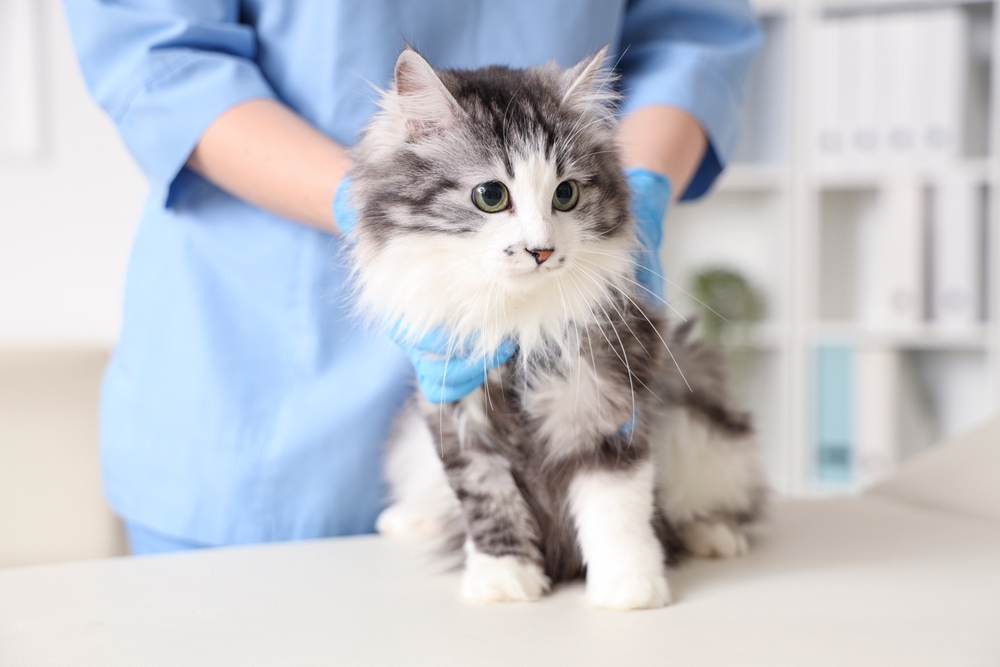
Why Pet Owners Trust Tidmore Veterinary Hospital
At Tidmore, we’re more than a veterinary hospital- we’re your partner in lifelong pet care. From cutting-edge diagnostics to traditional healing modalities like TCVM, we offer a broad spectrum of services to help your pet live a healthier life.
Our Northport facility is AAHA-accredited, meaning we meet the highest standards of veterinary excellence. We are deeply embedded in the community, and we treat every patient like family. Whether your cat needs emergency care, chronic disease management, or wellness support, you’ll find a warm, collaborative team ready to help.
Know When to Reach Out
Vomiting is never something to ignore. If your cat is showing any concerning signs, please reach out today.
Call Tidmore Veterinary Hospital at (205) 339-5555 or request an appointment online.
We’re here for you seven days a week to support your cat’s health and your peace of mind.
Tidmore Veterinary Hospital
2914 Lurleen B. Wallace Blvd
Northport, AL 35476
Mon–Fri: 7am–5:30pm | Sat: 7am–12pm | Sun: 8:30am–9am, 5pm–5:30pm
Your cat deserves the best- and at Tidmore, we’re proud to provide it.



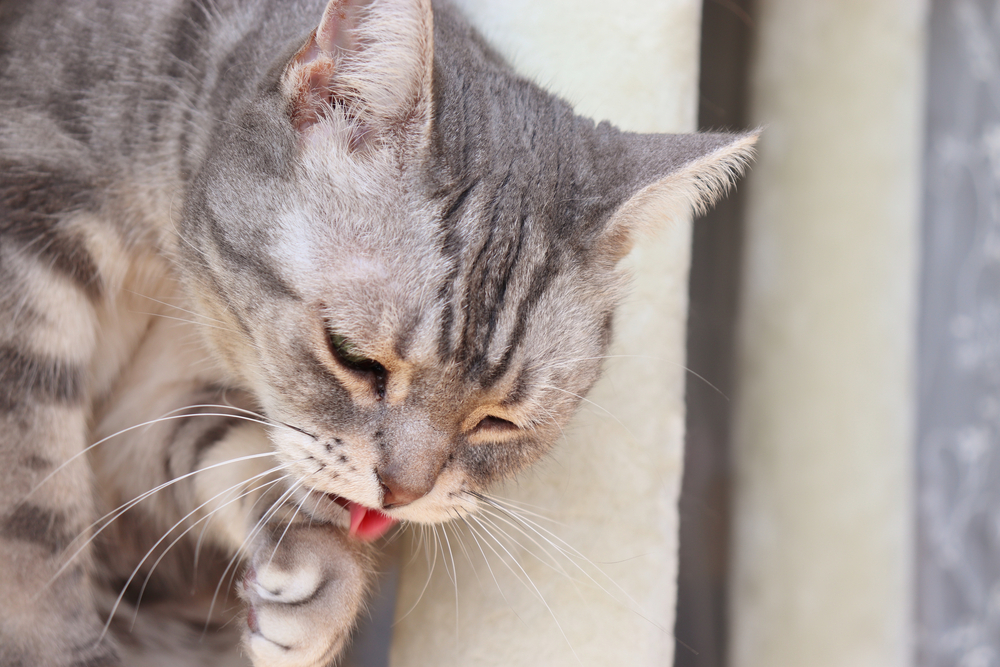

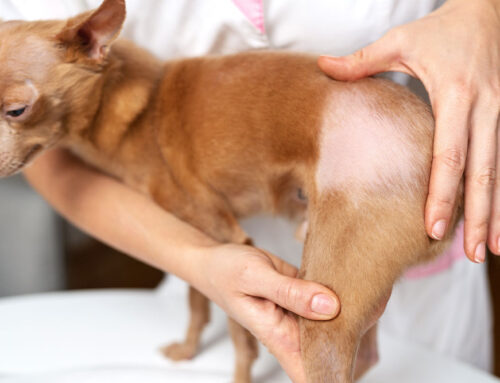
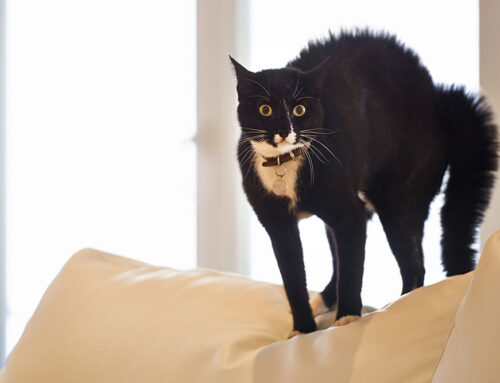
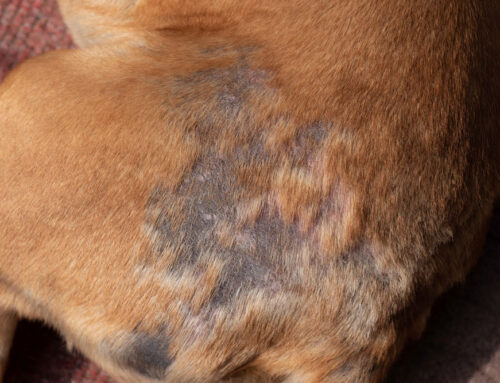
Leave A Comment